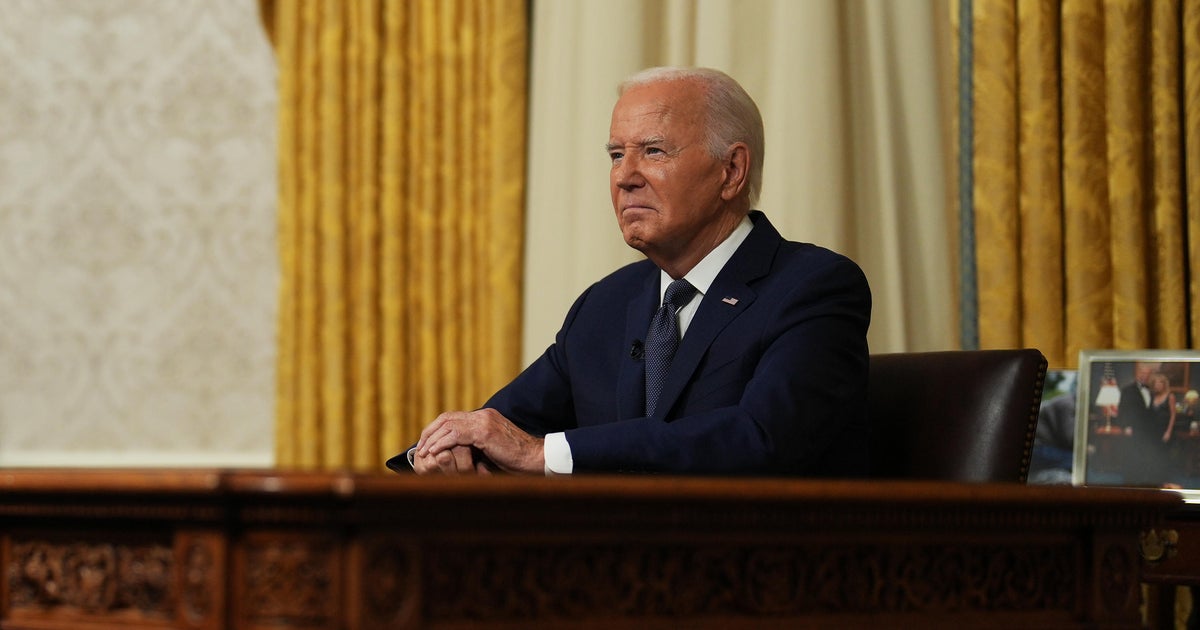What's on Congress's lame-duck to-do list?
WASHINGTON -- Congress still has some unfinished business before closing shop for the year, even as the focus shifts to the agenda of President-elect Donald Trump and unified Republican control of Congress and the White House in 2017.
Trump’s election will reset the balance of power in Washington, but until noon on Jan. 20, President Barack Obama decides what can become law. Already, Obama priorities such as a controversial trade deal with Pacific nations and the long-stalled nomination of Judge Merrick Garland to the Supreme Court are off the table. Tuesday’s results were the final nails in the coffin.
But other fights, such as a GOP revolt over a move by Obama to impose workplace protections for gay and transgender employers of defense contractors - which has stalled the annual Pentagon policy measure - may be defused until next year. And working with Obama to wrap up more than $1 trillion worth of remaining agency budget bills seems likely to slip.
Here are the highlights of the agenda of the lame-duck Congress which returns on Monday:
SPENDING
Chronic dysfunction has enveloped the once-vibrant process of passing 12 annual agency spending bills. This year a major obstacle has been a fight between Obama and congressional Republicans over GOP efforts to use gamesmanship to boost Pentagon spending while freezing domestic programs under the terms of last year’s budget pact.
The government is currently functioning under a stopgap spending bill that expires Dec. 9. Something has to pass by then or else the government will shut down. Some top Republicans, like Senate Majority Leader Mitch McConnell of Kentucky, would like to wrap up the bills and not clutter up next year’s agenda. But House conservatives and outside groups like Heritage Action, an advocacy arm of the conservative Heritage Foundation, say the measures should not advance in the lame-duck session. And action next year could give Republicans an opportunity to score early victories under a Trump presidency.
Given Washington’s penchant for lowest-common-denominator solutions, the likeliest outcome is another short-term funding extension that would punt the bills into next year.
DEFENSE
Congress has passed a defense policy bill every year for more than five decades and lawmakers in both parties want to keep the streak alive.
But a key sticking point in deliberations over the must-pass $602 billion defense policy bill is a provision Obama and Senate Democrats say would undercut protections against workplace discrimination based on sexual or gender orientation. They’re demanding the provision, propelled by House conservatives, be removed from the bill, which authorizes military spending for the new fiscal year that started Oct. 1.
Now that Trump has been elected, Republicans could beat a temporary retreat, knowing the issue could be revisited next year.
Lawmakers also continue to grapple with how much additional money to spend on weapon systems that the Pentagon didn’t request in its budget. The House has proposed $18 billion, arguing the investment is needed to halt a decline in the combat readiness of the U.S. armed forces. But the Senate’s version of the bill didn’t include the spending boost, leading to the impasse.
IRAN SANCTIONS
The clock is ticking for Congress to renew a decades-old law that allows the United States to hit companies with economic sanctions for doing business with Iran. Congress first passed the Iran Sanctions Act in 1996 and has extended it several times since then. The law is to expire at the end of the year and there is strong bipartisan support for legislation that would extend it by another decade. It’s on the House schedule this week.
Secretary of State John Kerry signaled earlier this year that President Barack Obama would sign into law a bill that renews the sanctions.
MEDICAL RESEARCH AND DEVELOPMENT
McConnell has said one of his top priorities will be bipartisan legislation to speed federal approval of drugs and medical devices and boost biomedical research.
The legislation is intended to streamline how federal regulators assess the safety of new treatments and let them reach markets more quickly. Supporters say that with advances like genetic mapping and biologic medicines produced in living cells, it’s time to speed research and development.
The House passed its version of the legislation last year. The Senate is still negotiating its bill, which may target new dollars to the National Institutes of Health and the Food and Drug Administration. McConnell has said he is interested in more money for regenerative medicine, Obama is interested in precision medicine and Vice President Joe Biden has sought new funding for cancer research since his son Beau died of brain cancer in 2015.
Some consumer organizations have opposed the bill, arguing the measure would erode government safeguards against dangerous and ineffective products.



